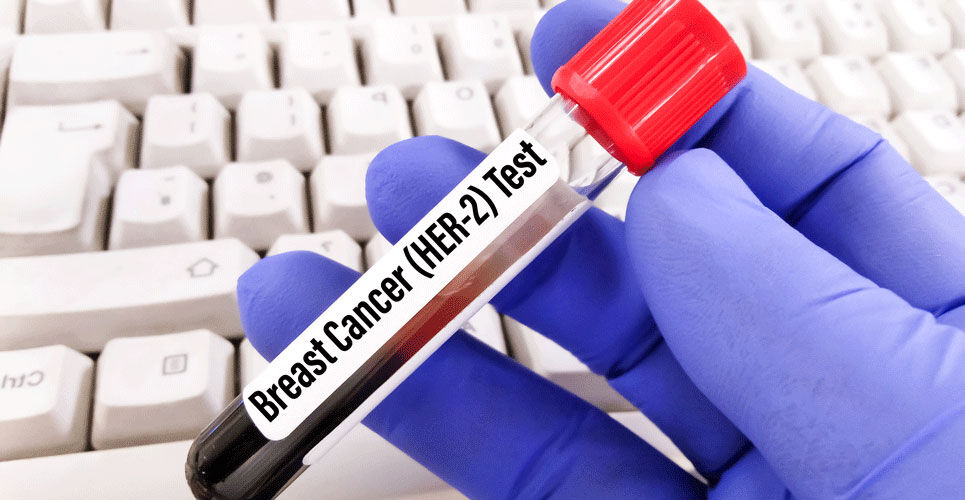The Committee for Medicinal Products for Human Use (CHMP) has adopted a positive opinion on Enhertu for treating HER2-low breast cancer.
According to the manufacturer AstraZeneca, the Committee for Medicinal Products for Human Use (CHMP), has given a positive opinion on recommending a change to the marketing authorisation for Enhertu.
The drug can now be used as monotherapy for the treatment of adult patients with unresectable or metastatic HER2‑low breast cancer who have received prior chemotherapy in the metastatic setting or developed disease recurrence during or within 6 months of completing adjuvant chemotherapy.
The World Health Organization estimated that in 2020, there were 2.3 million women diagnosed with breast cancer, which led to 685,000 deaths. In Europe alone, in 2020, there were 531,086 cases of breast cancer that resulted in 141,765 deaths.
The human epidermal growth factor receptor 2 (HER-2) is a receptor tyrosine-protein kinase normally involved in the proliferation and division of breast cells and HER2-positive breast cancers are an aggressive type of breast cancer that tend to grow faster and are more likely to spread.
It is known that around 50% of all primary breast cancers show a low-level expression of HER2 (HER2-low), defined as immunohistochemically 1+ or 2+ and lack of HER2 gene amplification measured by in situ hybridisation.
Moreover, this low HER2 expression is a promising new target for antibody-drug conjugates and Enhertu (which contains trastuzumab deruxtecan) is one such specifically engineered HER2-directed antibody drug conjugate.
Enhertu clinical efficacy
CHMP based its decision of data from the DESTINY-BREAST04 trial which compared previously treated patients with HER2-low (immunohistochemistry (IHC) 1+ or IHC 2+/in-situ hybridisation (ISH)-negative) unresectable and/or metastatic breast cancer with hormone receptor (HR) positive or HR-negative disease against standard of care physician’s choice of chemotherapy.
The study found that Enhertu demonstrated a 49% reduction in the risk of disease progression or death versus physician’s choice of chemotherapy in patients with HER2-low metastatic breast cancer with HR-positive disease (PFS hazard ratio, HR = 0.51, 95% CI 0.40 – 0.64, p < 0.001).
In addition, the median overall survival in the hormone receptor–positive cohort was 23.9 months in the Enhertu group and 17.5 months in the physician’s choice group (HR for death = 0.64, 95% CI, 0.48 to 0.86, p = 0.003).
The safety profile of Enhertu was consistent with previous clinical trials with the most common Grade 3 or higher treatment-emergent adverse events were neutropenia (13.7%), anaemia (8.1%), fatigue (7.5%), leukopenia (6.5%), thrombocytopenia (5.1%) and nausea (4.6%).
A summary of the CHMP provides details on the full indications for Enhertu.

